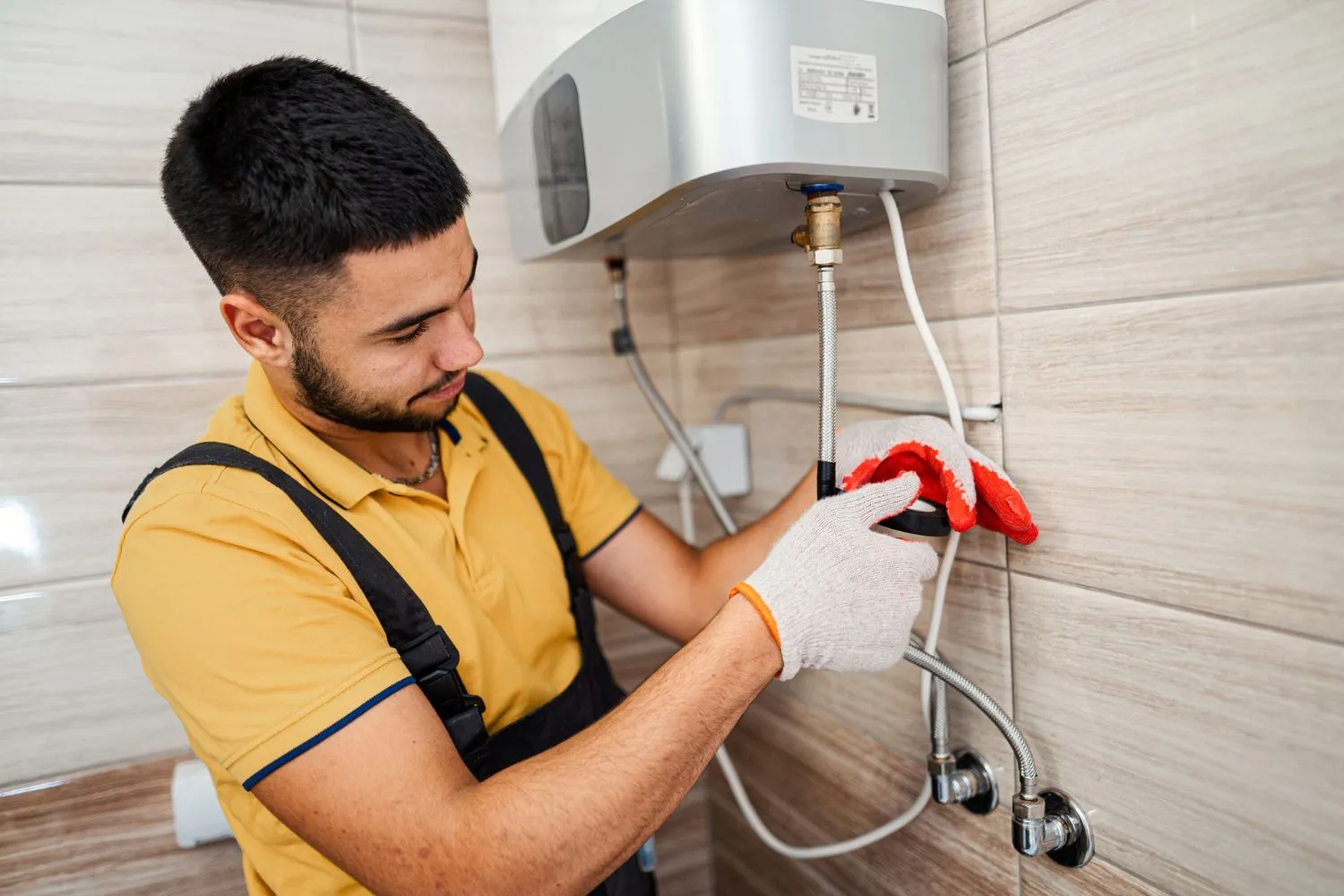Overcoming Everyday Heater Malfunctions
Overcoming Everyday Heater Malfunctions
Blog Article
Have you been searching for information and facts on Common Problems with Tank Water Heaters?

Envision starting your day without your routine hot shower. That already establishes a bad tone for the remainder of your day.
Every residence requires a trustworthy hot water heater, however just a couple of understand how to take care of one. One easy method to keep your hot water heater in top shape is to check for faults consistently and also repair them as soon as they show up.
Keep in mind to switch off your water heater before smelling around for faults. These are the hot water heater faults you are most likely to experience.
Water as well warm or as well cool
Every water heater has a thermostat that identifies how hot the water obtains. If the water entering your residence is too hot in spite of establishing a practical optimum temperature level, your thermostat could be defective.
On the other hand, also cold water may result from a fallen short thermostat, a damaged circuit, or incorrect gas flow. As an example, if you make use of a gas water heater with a broken pilot burner, you would get cold water, even if the thermostat is in excellent condition. For electrical heating units, a blown fuse may be the culprit.
Inadequate hot water
Water heaters can be found in many dimensions, depending on your warm water demands. If you lack warm water before everyone has had a bathroom, your water heater is also little for your family size. You should think about mounting a larger hot water heater storage tank or selecting a tankless water heater, which uses up less area and also is more durable.
Unusual sounds
There are at the very least five kinds of sounds you can hear from a water heater, but the most typical interpretation is that it's time for the hot water heater to retire.
To start with, you ought to be familiar with the normal seems a hot water heater makes. An electrical heating system might appear various from a gas-powered one.
Popping or banging sounds generally suggest there is a piece of sediment in your containers, and it's time to clean it out. On the other hand, whistling or hissing noises may just be your valves allowing some pressure off.
Water leaks
Leaks could come from pipelines, water links, valves, or in the worst-case scenario, the tank itself. With time, water will corrode the container, and also discover its way out. If this takes place, you require to change your water heater as soon as possible.
However, prior to your modification your entire storage tank, make certain that all pipes are in location and that each valve functions flawlessly. If you still require help identifying a leakage, call your plumber.
Rust-colored water
Rust-colored water suggests among your hot water heater elements is worn away. Maybe the anode pole, or the tank itself. Your plumber will certainly be able to determine which it is.
Warm water
No matter how high you set the thermostat, you will not get any type of warm water out of a heater well past its prime. A water heater's effectiveness may decrease with time.
You will certainly also get warm water if your pipelines have a cross link. This suggests that when you switch on a tap, warm water from the heating unit flows in together with routine, cold water. A cross link is easy to area. If your warm water faucets still follow closing the hot water heater valves, you have a cross connection.
Discoloured Water
Rust is a major source of dirty or discoloured water. Rust within the water tank or a stopping working anode pole might create this discolouration. The anode rod secures the container from rusting on the inside and must be examined yearly. Without a pole or an appropriately working anode rod, the hot water swiftly rusts inside the container. Contact a professional hot water heater professional to establish if replacing the anode rod will certainly fix the trouble; if not, replace your hot water heater.
Conclusion
Ideally, your water heater can last 10 years prior to you require a modification. Nevertheless, after the 10-year mark, you might experience any of these faults extra regularly. At this point, you ought to add a brand-new water heater to your budget.
How To Troubleshoot 3 Common Water Heater Problems in Twin Cities
The Water Heater Is Leaking
A leaky cold water inlet valve A loose pipe fitting A leaky temperature and pressure relief valve A corroded anode rod A cracked tank Turn Off Your Water Heater:
Shut off your gas water heater by turning the gas valve on the unit to the “OFF” position. Shut off your electric water by switching its power off at your electrical panel. Look for a two-pole breaker labeled “water heater” and turn it to the “OFF” position. Move the ball valve connected to the water heater to be perpendicular to the piping at a 90° angle. Look for the Leak:
Depending on whether the water is coming from the tank's top or bottom, you’ll want to look for the leak in different locations.
If the leak comes from the top of the tank, carefully look for water escaping from the cold water inlet valve or loose pipe fittings. Rusted hot and cold water valves can have loose connections with the tank, with water leaking out of them.
https://mspplumbingheatingair.com/blog/how-to-troubleshoot-3-common-water-heater-problems
Do you like reading about Water Heaters Problems? Place a remark down below. We'd be delighted to find out your views about this post. Hoping that you come back again in the near future. Sharing is good. Helping people is fun. I appreciate reading our article about Water Heater Repair and Troubleshooting.
Resolve fast, contact! Report this page